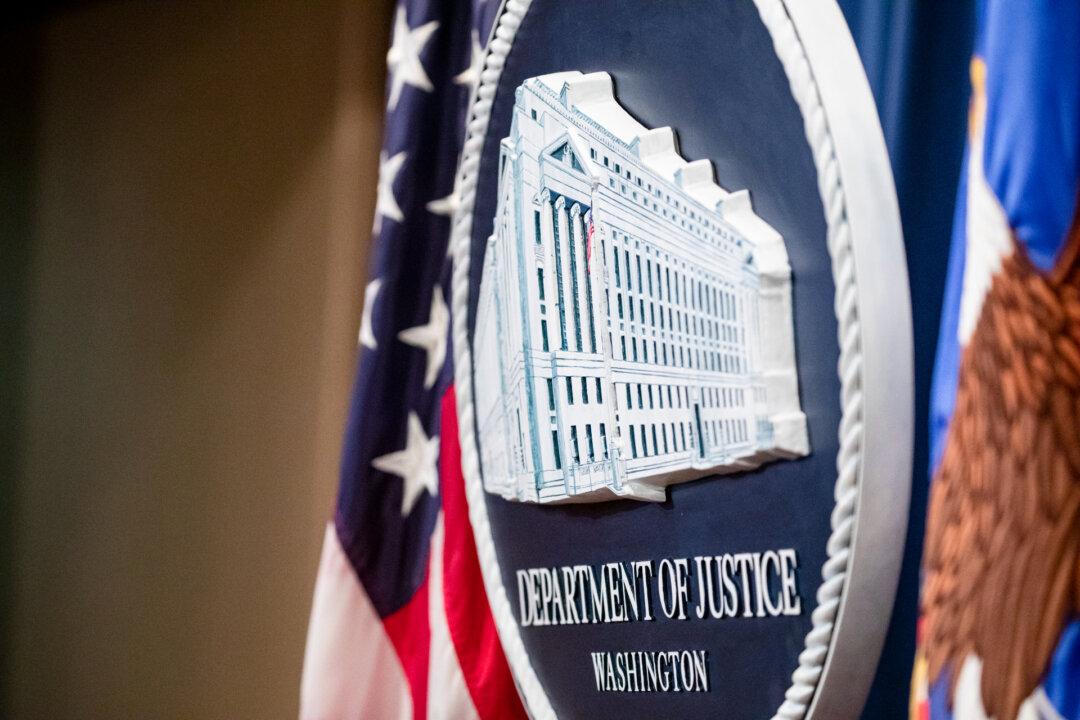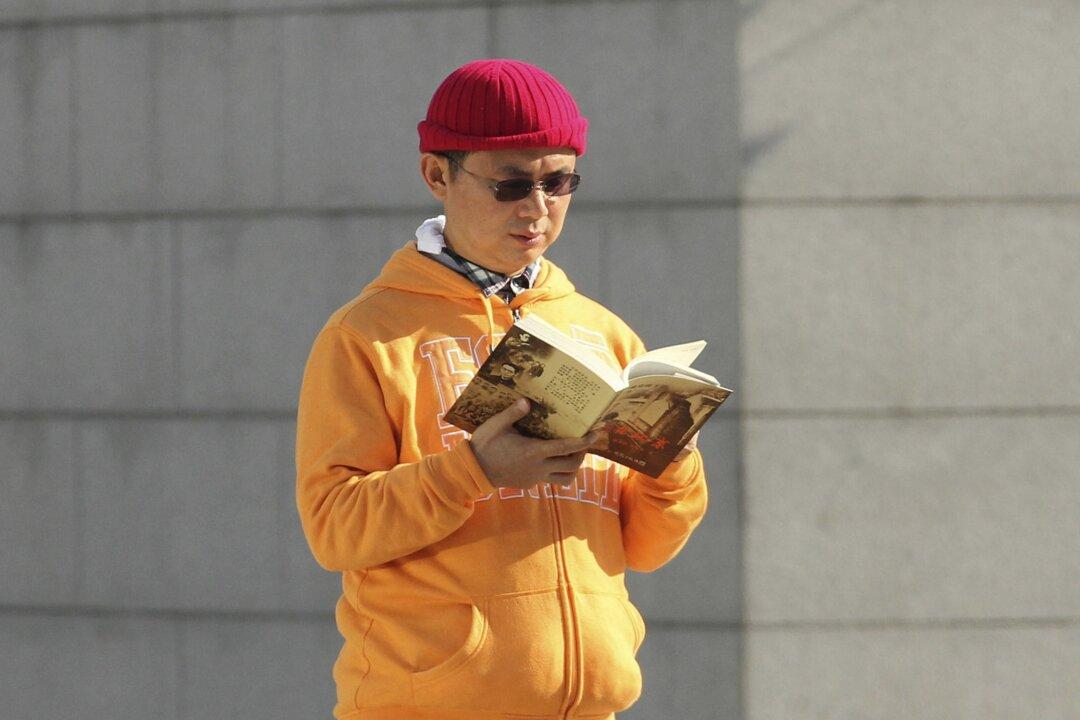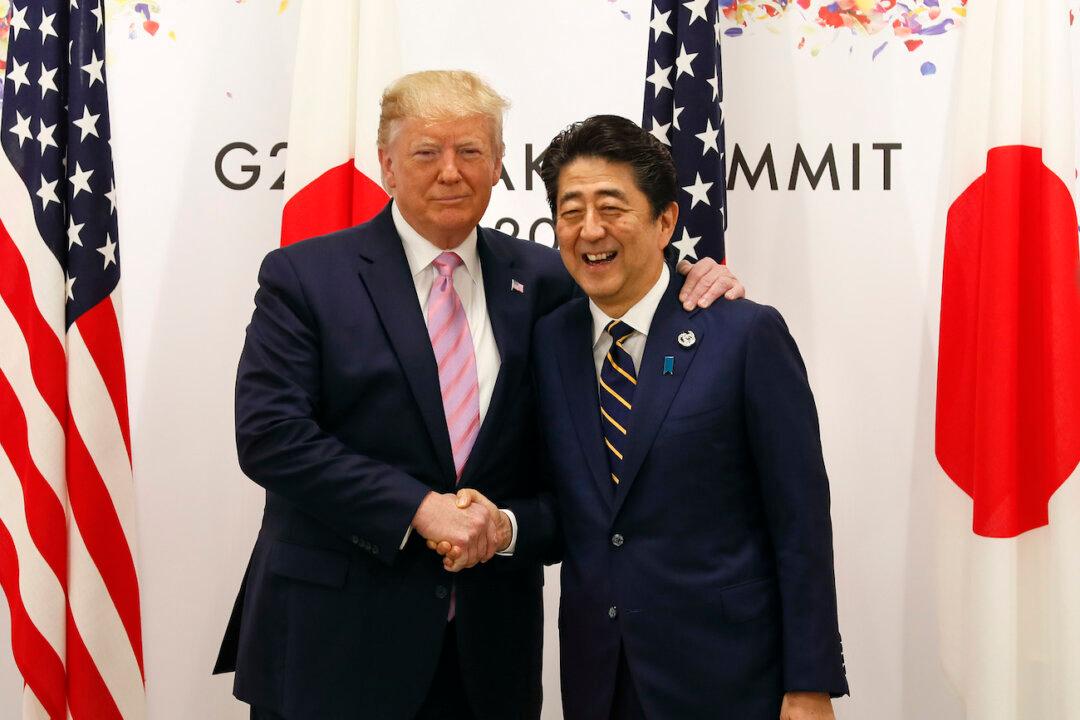Apparently, the June 4, 1989, Tiananmen Square massacre is such a sore spot for the Chinese regime that the sale of a tank-shaped cake has to be censored. A top livestream salesman in China was shut down after presenting a cake shaped like a mini tank. The authorities deemed it to be a reminder of the June 4 incident.
On the evening of June 3, one day before the 33rd anniversary of the bloody crackdown, a leading Chinese influencer Li Jiaqi and his team were astonished when their livestream was unexpectedly cut off, right after the tank-like cake was shown.





